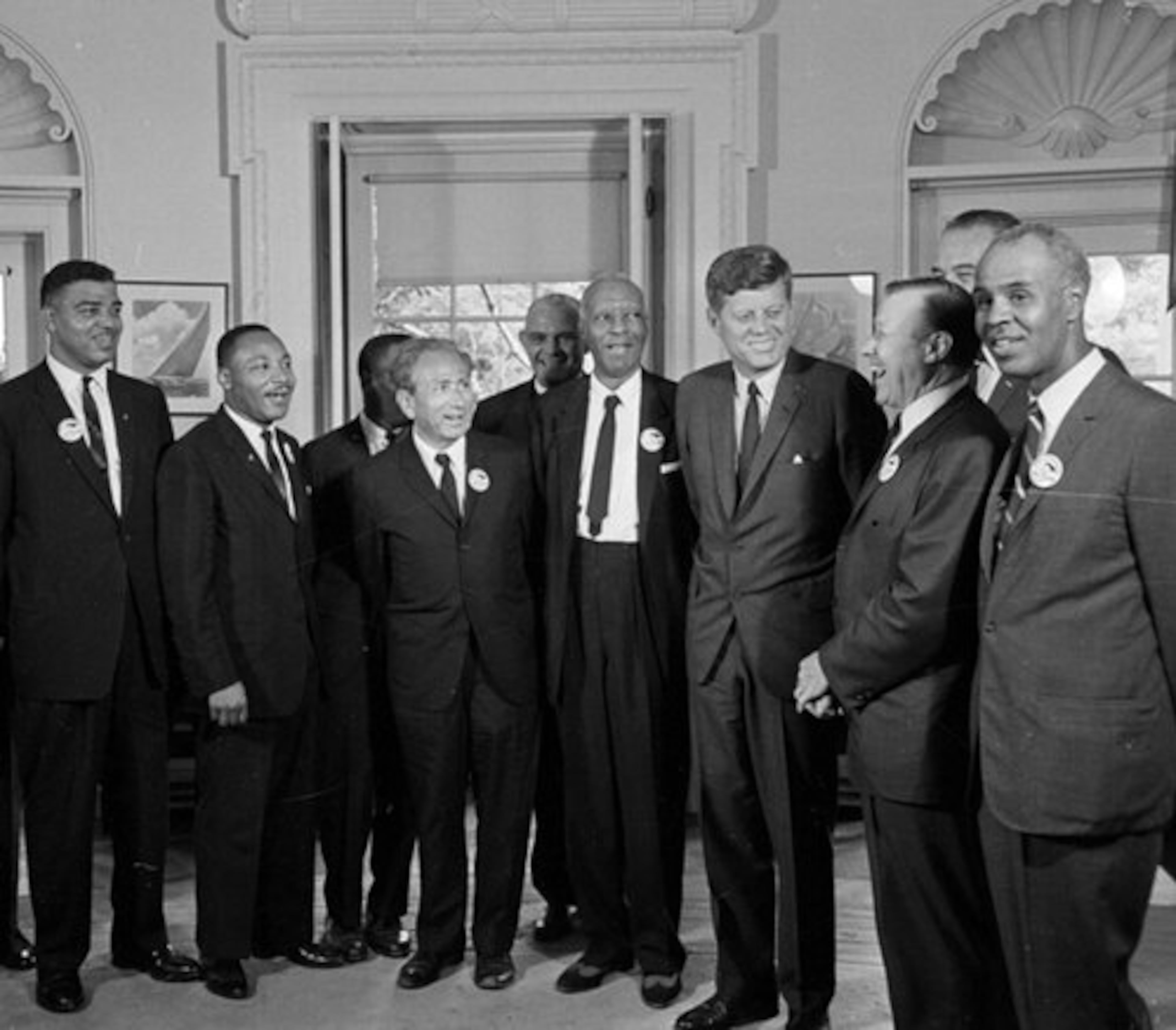Battle over unsealing King files ignites fears of tarnishing legacy

A federal judge in Washington indicated this week that he may unseal government records related to Rev. Martin Luther King Jr.’s 1968 assassination — potentially years ahead of schedule — as part of President Donald Trump’s effort to release long-hidden files.
The Associated Press reported that U.S. District Judge Richard Leon was willing to personally review an inventory of the sealed materials to determine whether documents specifically linked to King’s death and the subsequent FBI investigation could be processed. The documents are scheduled to be released in 2027, following a 1977 court ruling that sealed them for 50 years.
“This is delicate stuff,” Leon said during a hearing in federal court.
Following a January executive order calling for the release of documents pertaining to high-profile political assassinations of the 1960s — and citing a “strong public interest in understanding the truth about the King assassination” — the Justice Department separately moved to unseal FBI surveillance records of King now about two years before their scheduled court-ordered release.
Trump’s push to unseal decades-old records related to King’s assassination has sparked a fierce legal and moral battle.
Supporters of the release frame it as a move for transparency and truth.
Opponents — including King’s family and the Southern Christian Leadership Conference — argue it’s a reckless attempt to dredge up salacious FBI surveillance meant to discredit the civil rights icon and has no relevance to the actual investigation into the assassination.
Family members say the illegally obtained records should never be unsealed.
David Garrow, author of the Pulitzer Prize-winning “Bearing the Cross: Martin Luther King, Jr., and the Southern Christian Leadership Conference,” is doubtful that the voluminous files will see the light of day before the original 2027 date.
Garrow said the inventory Judge Leon is requesting does not exist, and a complete file must be generated from scratch.
“His intent is to see what, if anything, that inventory shows that has anything to do with Dr. King’s assassination,” Garrow said. “And I can guarantee people that there’s going to be zero in that that has anything to do with the assassination.”
Former FBI Director J. Edgar Hoover believed King was a Communist threat and illegally surveilled him throughout the 1960s.

In 1977, a federal court ordered the FBI to gather all records related to its surveillance and monitoring of King and submit them to the National Archives and Records Administration. The order required that the materials remain sealed for 50 years, with a release date set for Jan. 31, 2027.
The FBI’s surveillance files might include wiretap recordings, audio from hidden microphones and transcripts of private conversations — all secretly captured from hotel rooms before King’s assassination.
They could also potentially include unflattering and salacious details about King’s relationships with women.

“Everyone realizes — though they don’t say this out loud — that what’s really at issue here is the explosively embarrassing material that’s on some of the hotel room microphone recordings,” Garrow said.
The DOJ’s request was made over objections from the King family and the Southern Christian Leadership Conference (SCLC), which argue the release would tarnish King’s legacy.
Wednesday’s hearing stemmed from a lawsuit by the Atlanta-based SCLC — cofounded by King and backed by his family — seeking to block the early release, calling it an attempt to discredit him.
“This case stems from government overreach into the surveillance of SCLC and people who helmed it, particularly Dr. King,” said SCLC President DeMark Liggins. “This overreach should not be entered into the public domain because it probably will have a negative impact on the people and families of our leadership and the people who are close to them.”
Bernice King, the youngest daughter of the civil rights icon and CEO of the King Center, stated in a court filing that she hopes the records remain permanently sealed — or are destroyed entirely.

“It is unquestionable that my father was a private citizen, not an elected official, who enjoyed the right to privacy that should be afforded to all private citizens of this country,” she said. “To not only be unjustifiably surveilled, but to have the purported surveillance files made public would be a travesty of justice.”
Judge Leon’s ruling followed a January executive order signed by Trump, directing intelligence agencies to begin the process of releasing records related to the assassinations of King, as well as President John F. Kennedy and Sen. Robert F. Kennedy.

The order is among a flurry of controversial actions Trump has taken in the early days of his second term.
The files related to the Kennedy brothers were released earlier this year. Garrow, as well as other scholars who have studied them, say neither set of documents contained any compelling new revelations.
Leon said his first move would be to compel the National Archives to provide him — and only him — with a full inventory of the sealed King-related files.
According to The Associated Press, Justice Department attorney Johnny Walker proposed that federal agents sift through the materials first and identify documents that could be approved by the court and King’s associates for release.
Walker emphasized that any review would avoid “potentially damaging details about Dr. King’s life that might have been stored in FBI surveillance records.”
Trump’s order to release the records has reawakened national interest in King’s assassination and, with it, the unresolved questions and conspiracy theories that have lingered since April 4, 1968, when King was gunned down in Memphis.
James Earl Ray, a petty criminal, was convicted of King’s murder and sentenced to 99 years in prison. But doubts have persisted. A 1978 congressional report said Ray was likely the shooter but may have been part of a conspiracy involving white supremacists from St. Louis.
In 1993, Memphis café owner Loyd Jowers publicly claimed that a mob-connected produce dealer paid him $100,000 to hire a hit man to kill King. The King family embraced that theory.
In 1997, Dexter Scott King, who died in 2024, visited a dying Ray in prison to ask directly, “Did you kill my father?”
“No, I didn’t,” Ray replied.
“I want you to know I believe you, and my family believes you,” King said.
Ray died the following year.
In 1999, a civil jury in Memphis concluded that Jowers conspired with government agents and local police to kill King.
